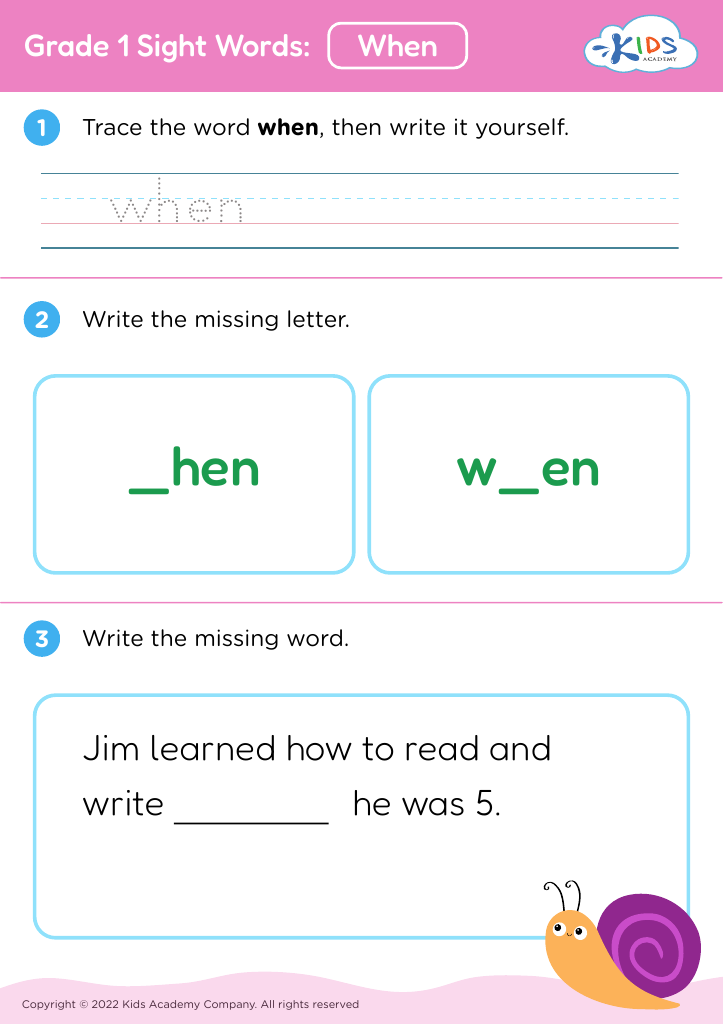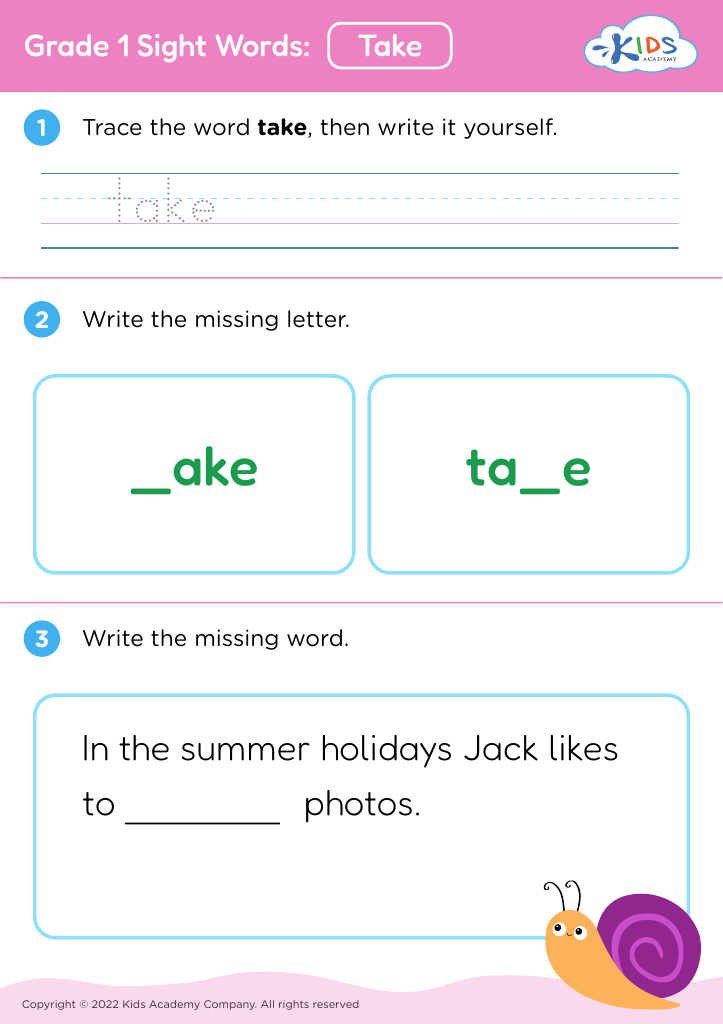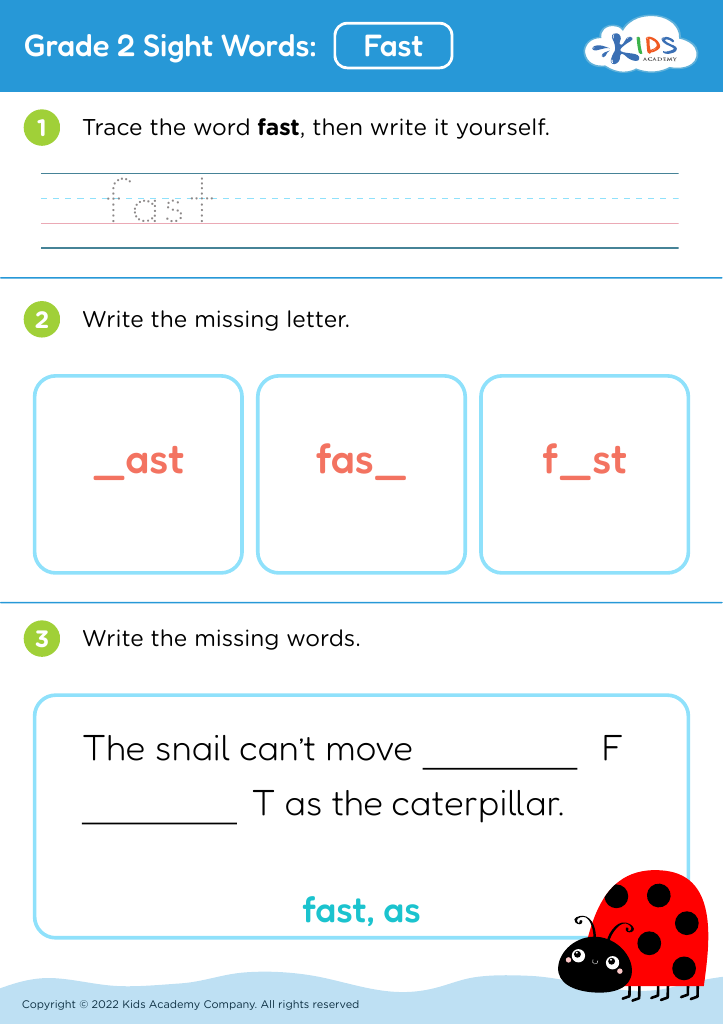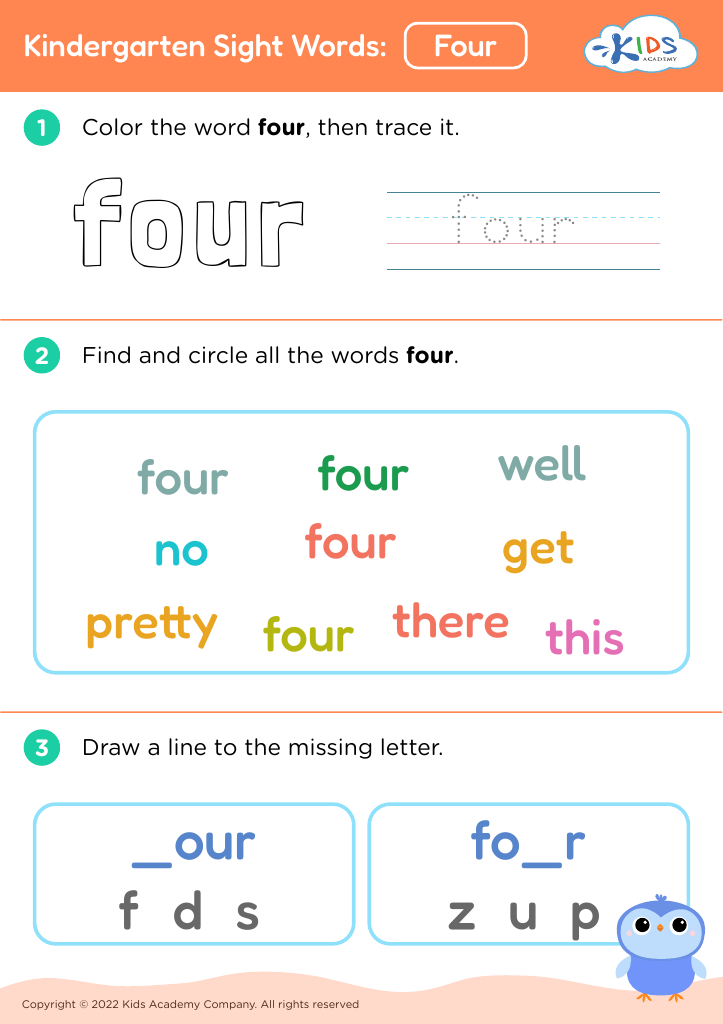Subtraction practice Building Vocabulary Worksheets for Ages 5-8
4 filtered results
-
From - To
Boost your child's math skills and vocabulary with our Subtraction Practice Building Vocabulary Worksheets for Ages 5-8! These expertly designed printable sheets fuse essential subtraction exercises with engaging vocabulary building activities. Tailored specially for young learners, the worksheets help reinforce fundamental math concepts while expanding their word knowledge. Perfect for both classroom use and at-home practice, they aim to make learning both effective and fun. By integrating math with language arts, our worksheets ensure a well-rounded educational experience that aids in cognitive development and academic success. Equip your child with the tools they need to excel in school and beyond!
When parents and teachers focus on subtraction practice and building vocabulary for children ages 5-8, they establish a robust foundation for future learning. During these formative years, children’s brains are highly receptive, making it the perfect time to build essential skills. Subtraction is a fundamental math skill that promotes logical thinking and problem-solving abilities. Frequent practice helps children develop fluency and confidence, which are crucial for tackling more complex math concepts later.
Simultaneously, building vocabulary enhances their capacity to understand and communicate more effectively. A strong vocabulary boosts reading comprehension, writing skills, and verbal communication, all of which are vital for academic success and everyday life. Introducing age-appropriate vocabulary exercises helps children better understand and articulate their thoughts and feelings, thereby improving their overall cognitive development.
Moreover, interconnecting math with language—like using word problems—helps solidify concepts and makes learning more engaging and relatable. By simultaneously focusing on subtraction and vocabulary building, parents and teachers provide a balanced approach to education that addresses both analytical and verbal skills. This holistic development equips children with the tools needed to navigate both academic and real-world challenges successfully, setting them on a path toward lifelong learning and achievement.

































